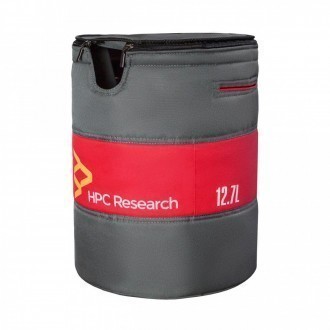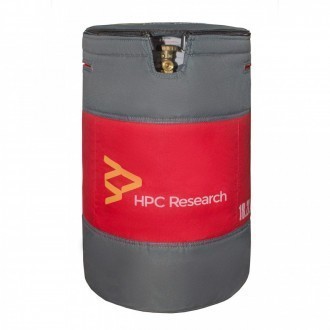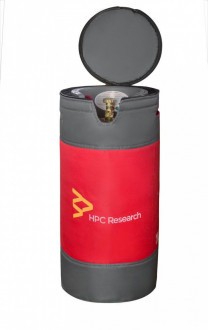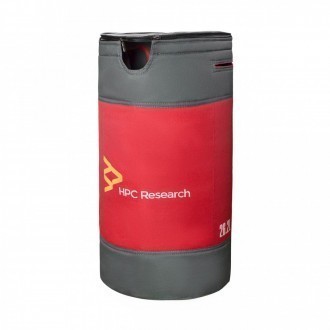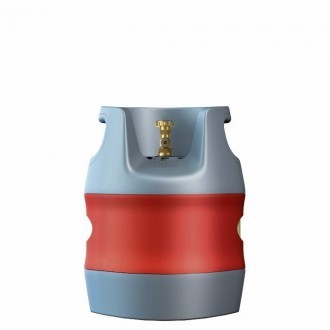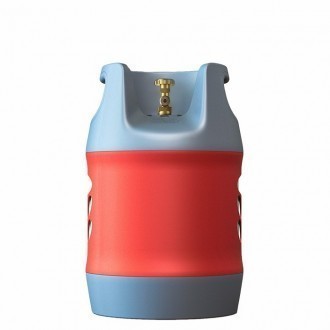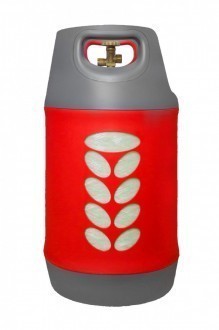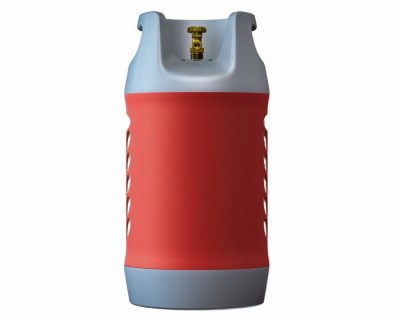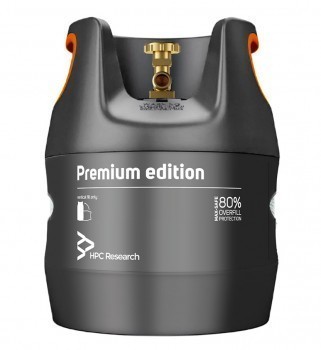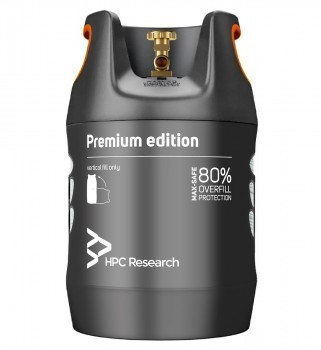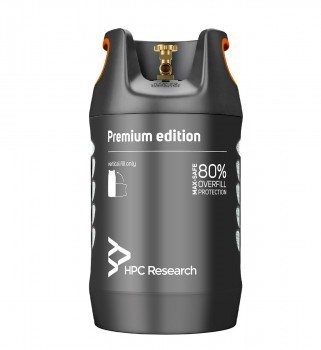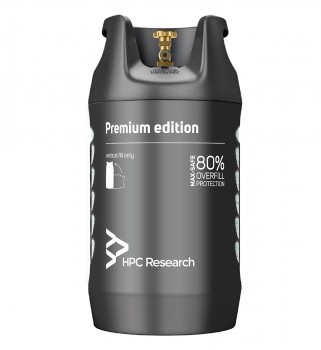- Information
- About Us
- Service and Warranty
- Delivery and payment
- News
- Contacts
- АКЦИИ
A polymer composite gas cylinder is a vessel designed for the storage and safe use of liquefied petroleum gas (LPG). It is made of fiberglass reinforced polymer material.
Advantages of polymer-composite gas cylinders:
- Lightweight: Polymer composite cylinders are significantly lighter than metal cylinders, making them easier to transport and use.
- Durable: Polymer composite cylinders are very durable and can withstand high pressure.
- Safe: Polymer composite cylinders do not explode in a fire.
- Not subject to corrosion: Polymer composite cylinders are not subject to corrosion, which increases their service life.
- Transparent: Polymer composite cylinders are translucent, making it easy to determine the gas level.
Disadvantages of polymer-composite gas cylinders:
- Expensive: Polymer composite cylinders are more expensive than metal cylinders.
- Not suitable for high temperatures: Polymer composite cylinders are not suitable for use in high temperatures.
- Cannot be repaired: Polymer composite cylinders cannot be repaired.
Use of polymer-composite gas cylinders:
- Storage: Polymer composite cylinders should be stored in a cool, dry place, away from heat sources.
- Transportation: When transporting polymer-composite cylinders, care must be taken.
- Use: Polymer composite cylinders should be used in accordance with the manufacturer's instructions.
Composite gas cylinder
-
-
-
-
-
-
-
code: 176015990 UAHВ наличии
-
-
code: 211416990 UAHAvailable in stock
-
7190 UAHAvailable in stock
-
7490 UAHAvailable in stock
-
code: 211037690 UAHAvailable in stock


